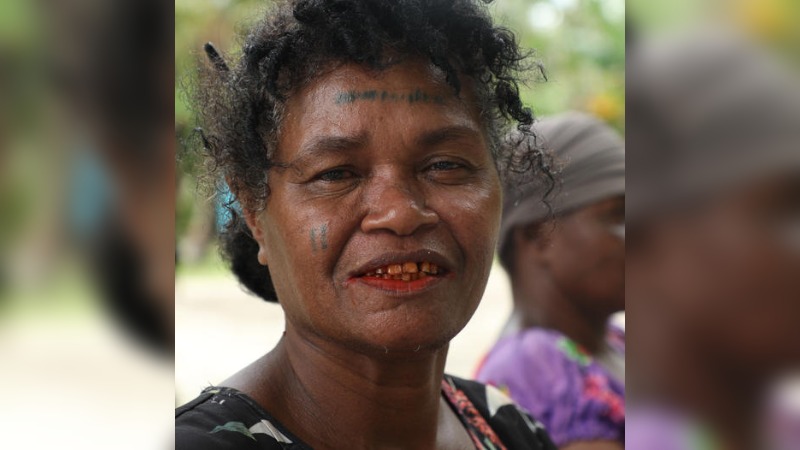A woman from Piliwa village on the Djaul Island of New Ireland Province (NIP) is spreading awareness on how villagers can manage their reefs.
Lilian Kini has advocated on Over-Fishing, Mangrove importance, Fish Life Cycles, Processing of Bêche-de-mer and Aqua Culture Farming apart from many other issues affecting the island communities.
Lilian stated that she started this awareness program in 2021 under the Locally Managed Marine Areas (LMMA) and Wildlife Conservation Fund (WCF) that focused on locally managed marine areas at Lapai village, another village in the Djaul group of islands where she educated the locals on how to take care of marine areas, urging them to not over fish.
“Overfishing is an issue that’s affecting all our island communities in Piliwa and even villages surrounding Djaul Island, which is one of the biggest problems occurring in our reefs.”
After constant meetings with locals in villages, Lilian and her team pointed out that fishing patterns have changed over time and these changes are affecting the marine resources on the reefs.
According to Lilian, the size and length of the fish was important. They taught people to be selective when fishing for sales at the market, to look after the under-sized fish for another time and to preserve fish stocks for the future generation.
“People were made aware of life cycle of fish because when marine resources multiply, not a lot of them survive as a lot of them are eaten.”
She spoke of how she taught people that apart from managing marine resources, it was important to respect customs and cultures that were in place, not only in NIP but PNG as a whole.
“We taught communities the importance of taboo reef under the customary laws so that they could see that tabu reef was a good way to help manage our marine resources.”
“We had to stress that this method was not being greedy, but it was important to create a nursery area and a breeding zone for the fish and marine life.”
She explained to the locals that taboo reef would allow areas for marine resources to mate, multiply and hopefully cause a spill over and move to other areas without taboos in place so that communities can not only fish in those areas, but also get a good-sized catch.
“They (locals) understood the information that was spread to them and complied to set taboo areas on the reefs.”
“People in the communities gave good feedback and they wanted more information reaching their communities to know more about issues.”
She also stressed the importance of mangroves because marine resources used mangroves as feeding areas, nurseries and breeding zones.
“We need to look after the mangroves so that we would be able to attract big fishes closer to the village.”
Kini also made awareness based on proper methods of bêche-de-mer processing, aqua-culture farming as a part of managing resources that allowed people to set up fishponds, preserve and look after their reefs as well as compliance rules for villagers, buyers and exporters that were to be followed under the Fisheries Management Act to help sustain resources.
“The Awareness was to teach people managing resource practices and other things to preserve our seas.”
Meanwhile, Lilian stated that transport was a main struggle for her during her years of awareness. She has covered Tikana ward 17 and 18 and plans to move further out to other islands of NIP because of the change she has seen in her community.
“I met with the villagers, and they told me that after the awareness, they set aside taboo reefs and saw a lot of change. They were happy when they saw that there was an increase in marine life on the reef and the fish that they were catching were larger in size.”
Lilian revealed that she was ready to continue her work to spread awareness and urges people on island communities not only in New Ireland but in PNG as well, to listen and take pride in managing their marine resources.

